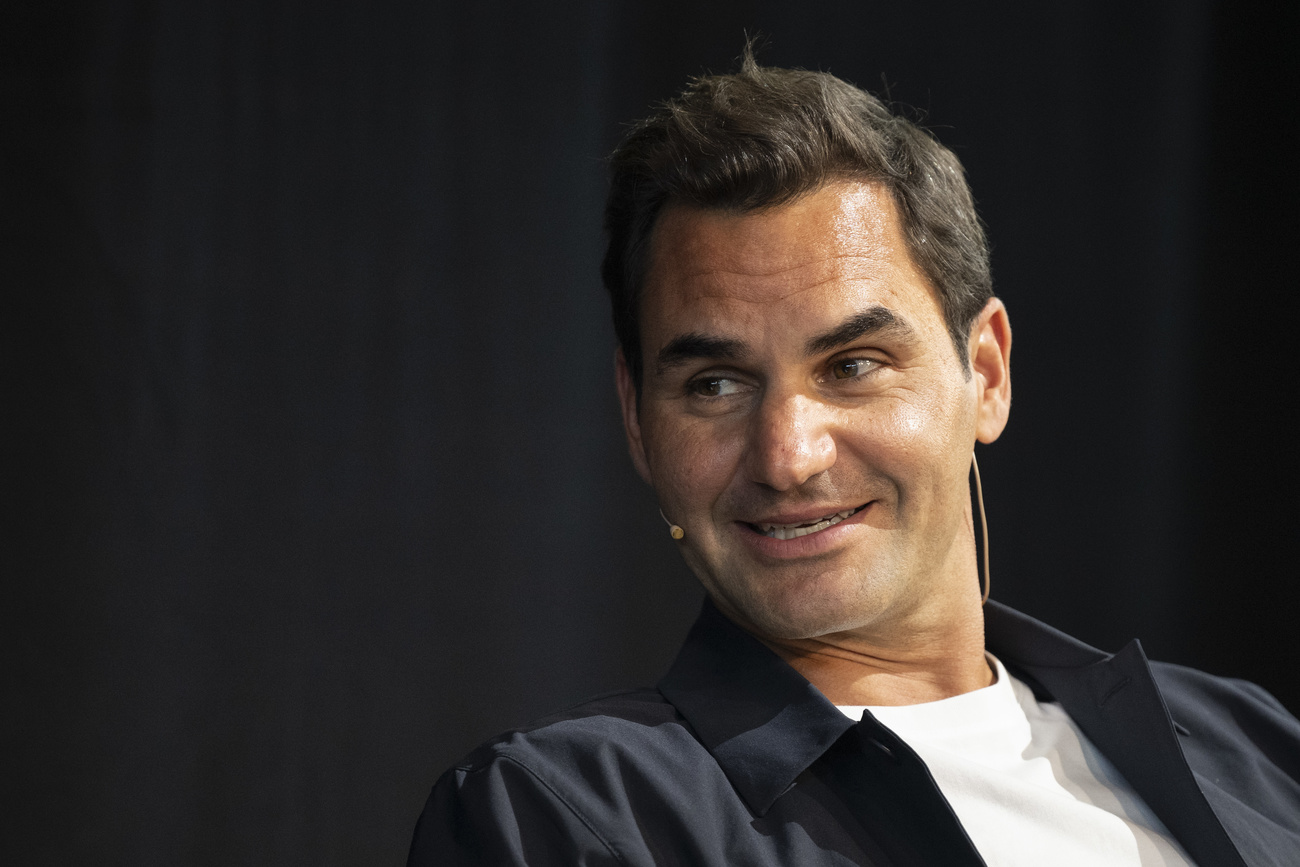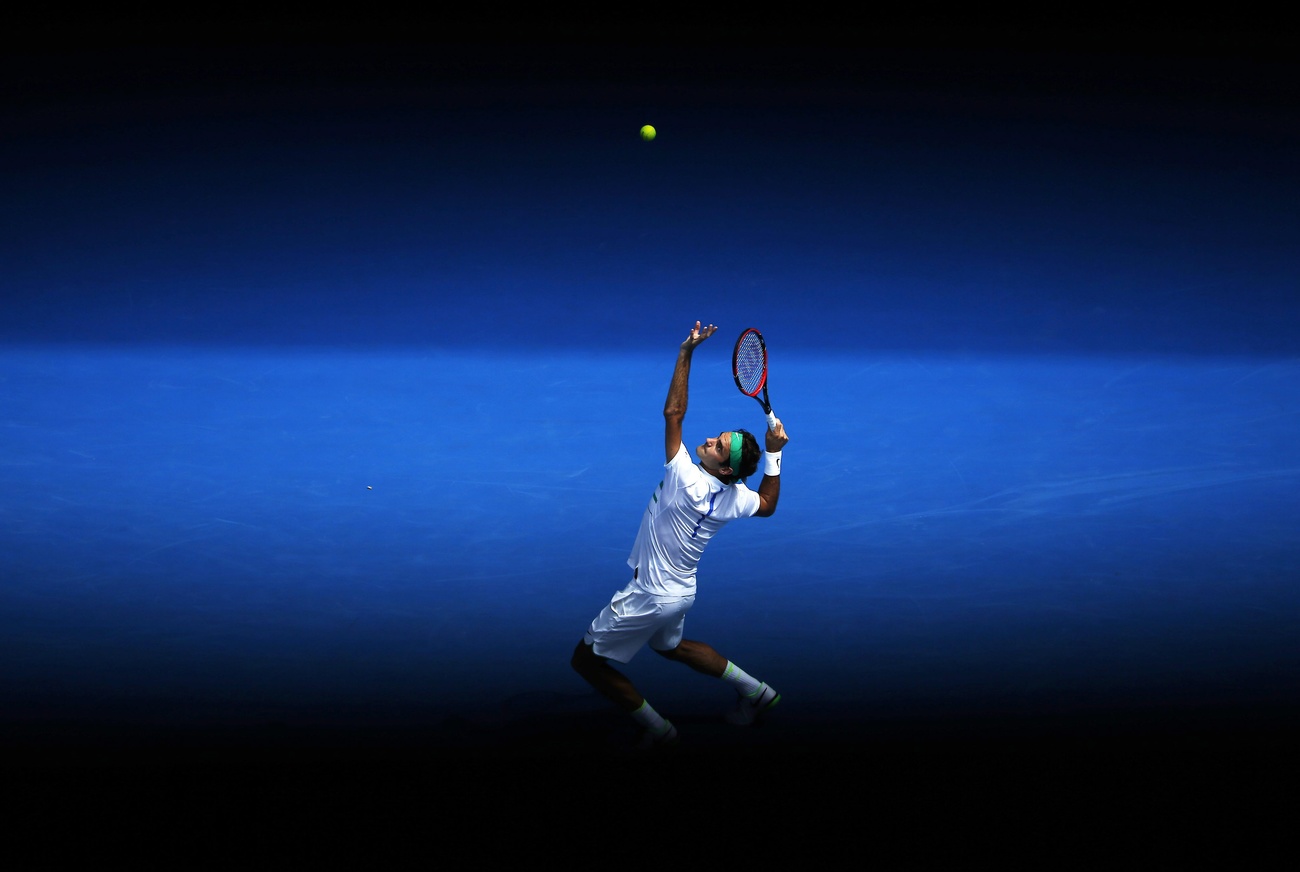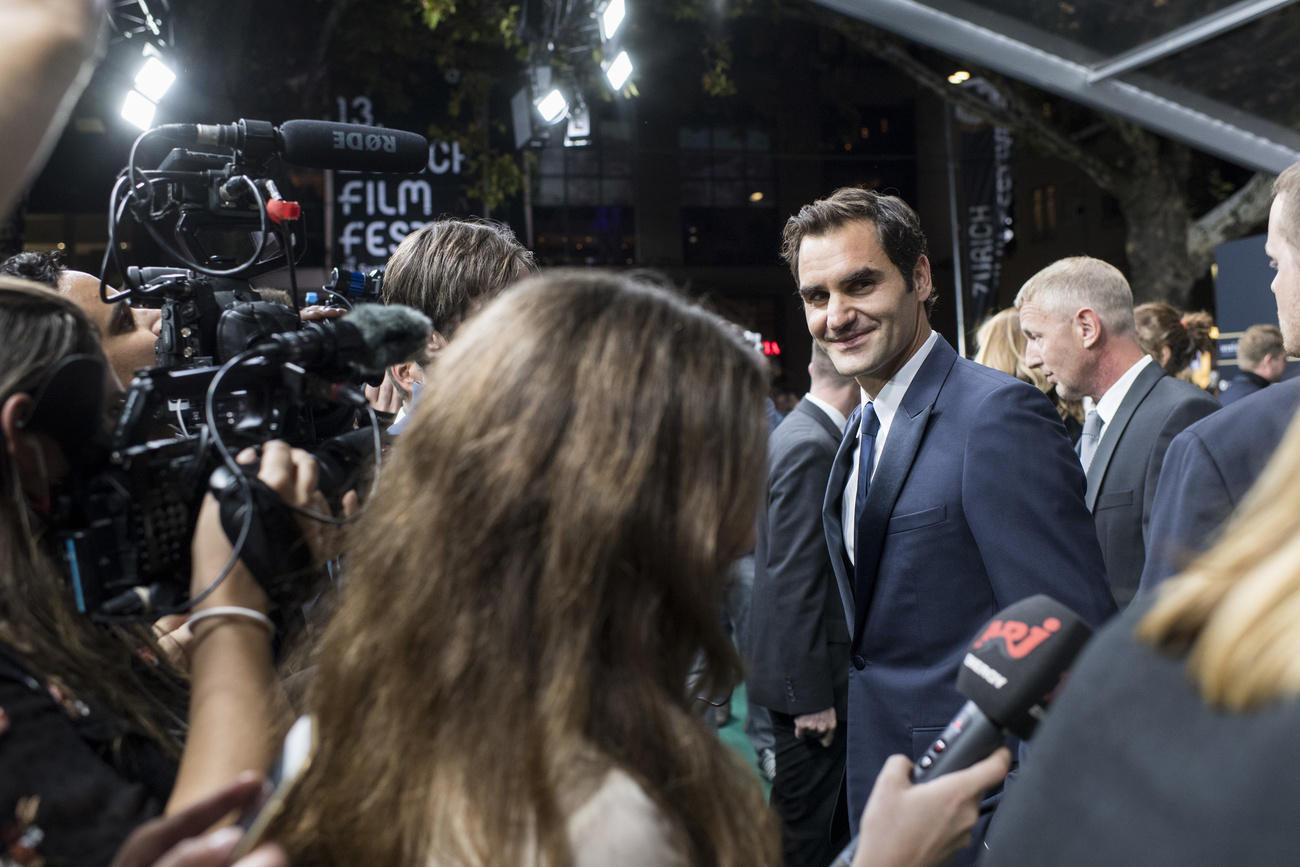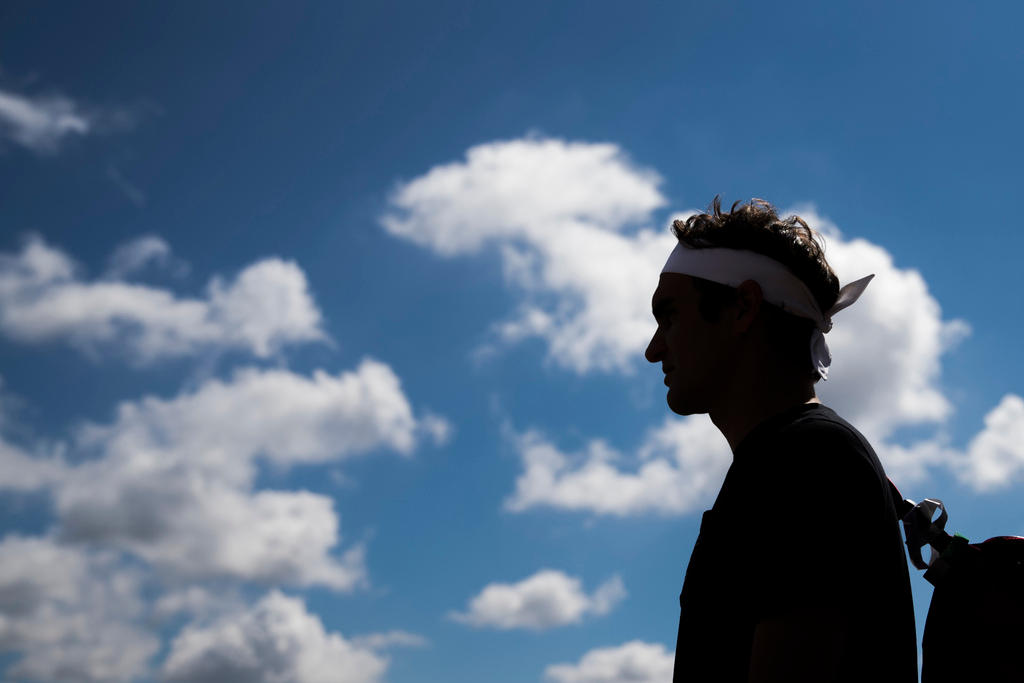How Roger Federer rode the ‘beautiful wave’ of tennis for 24 years

When Roger Federer sees pictures of himself playing tennis, he struggles to realise it is him. “It’s amazing to think that I used to be out there, on the biggest stages. It almost becomes surreal that this used to be my life.”
During his 24-year career, he explains, he was “in a tunnel, riding the beautiful wave, running around the world, running on the tennis court, battling, always trying to be alert, being ready for the next press conference, the next meet and greet, posing with a fan. So when all of a sudden you detach yourself, it almost feels like it wasn’t me.”

Federer retired in 2022 aged 41, after winning 20 grand slam titles and lighting up tennis with his elegance on and off the court. He remains a gentleman, materialising with a smile on Zoom at the agreed minute for this interview. But having retired, he can now reflect on the forces that enabled his career. His reminiscences are aided by images from a slick new photo-biography, which chronicles his journey from racket-wielding blond child to shaggy-haired young pro to world’s best player, and his career-defining rivalry with Rafael Nadal. Federer has now achieved the distance to explain Federer.
“I didn’t grow up with people telling me I’m going to be the best player in the world. When I was 14, my God, I was still so far away from actually having that belief,” he says. He knew he had “some talent”, but his aim was just to make it to the tour and be on court with the stars.
Shot selection
His career began to skyrocket aged 15 when he won his first international junior tournament in Lille in 1997. The next turning point was winning the prestigious Orange Bowl tournament in Florida in 1998, and finishing the year as world junior number one. “I remember that on Key Biscayne we were at this house and I made a joke [about] how written on the door was, ‘Here lives the world number one.’ I remember secretly hoping this could also maybe happen one day on the pro tour.”
It did, but not straight away. He had to wait until the start of 2001 even to win his first senior title. Maturing as a player, Federer muses, was “all about shot selections. When you have too many options, it can be super-confusing because you don’t know which shot to pick. I think that’s why I had a tricky beginning to the career. And being a naturally attacking player I would sometimes go too big, too soon, instead of waiting that one more shot, or going 90% power instead of 95.”
He enjoys watching young players because they “go for crazy stuff and sometimes they get rewarded, sometimes they don’t. As you get older, you play the percentages more, and you realise what works against which player on which surface. You can’t explain it, it’s just deep inside you.”

More
Roger Federer is not eternal, but he changed tennis forever
Nadal rivalry
In 2005, he was 23 and the world’s number one, when Rafael Nadal, aged 19 years and two days, won the French Open. The Mallorcan is almost as ubiquitous in the book’s images as Federer’s wife Mirka. More than any other opponent, he forced Federer to become his best self.
“Because of his unique playing style, being able to play on the baseline, being so good on clay with the bad bounces, with his topspin heavier than anybody I ever played against. He gave me so many more problems than other players could. He made me second-guess myself, go back to the drawing board and come up with a new master plan – and then also not overthink it. Sometimes maybe it was just: work on your high backhand off the lefty spin that nobody else had like him. I have to just face that ball more frequently.
“And I like to slice. The slice against Rafa wasn’t a great play because he would run so easily around the slice and find it with his forehand. So it rattled me, but it also was the most beautiful of challenges I’ve ever had. I’m happy for it, even though in the beginning I was like, ‘I prefer not to go down that route, I’d rather just keep playing my game.’”
The rivalries with Andy Murray and Novak Djokovic were of a different order. “When you lose against guys more than, say, ten times, it rocks you. It needs to. That’s what those three guys did.” But Djokovic didn’t force Federer to remake himself. “It was just about, I needed to perform at my best to beat him. It was much more straightforward thinking. When he reached his absolute peak, he was really hard to play because he was everywhere, he was long, he was tall, he was quick, he had it all. So it was more of a mental challenge.”

More
Is Federer the Greatest of All Time?
When did Federer reach his own peak? “Probably end of ’07. I remember practising in December in Dubai, and I was hitting so well. I was like, ‘Jeez, it’s just flowing’.” In 2008 he hit health troubles. Then the Australian Open final against Nadal in 2009 “was maybe the best match we maybe ever played against each other”.
After Federer lost that one, he wept on court. “I just found out that we were expecting twins,” he explains. “So maybe I was also on an emotional nerve, strong with Mirka.”

More
Roger Federer: ‘You cannot be alone at the top’
‘Every person has regrets’
What does he realise about himself now that he couldn’t while playing? “I guess you could have always retired earlier. Because it almost doesn’t matter if you win a few extra titles or hang around for a few extra years on tour. Yet in the moment, you can’t think that way. The most important thing is the next day, the next practice, the next point, the next match, the next week. I really enjoyed it, I loved it, I still love it. But I don’t have this inner anxiety, like I still want to be out there.”
Still, he’s pleased to have taken his career to completion, like his footballing peer Lionel Messi, who won the World Cup aged 35. Federer observes, “He’s probably so happy he kept playing for Argentina and didn’t retire. It’s fantastic to see how much he enjoys the game still.”
A famous image, featured in the book, captures Federer’s ending – sitting with Nadal in London after a last doubles match, the two of them hand in hand, crying. It’s one of the pictures framed on Federer’s staircase at home. What does it represent to him? “The match is over. For the first time, I feel I am sitting there and taking it all in.”
He hasn’t fallen into a black hole since, like some retired athletes. He looks ageless on Zoom. “The step has been, as I expected, exciting and good. I felt for a long time already that if tennis stops, I need to be OK, because you never know if you get hit with an injury and it’s all over. Life cannot only be tennis. I think that’s been one of my big strengths, to think tennis when I have to, then right away, when I leave the court, I’m in another place. I think that’s also kept my fire burning without getting sick and tired of just playing and thinking tennis all the time.”
I remark that he talks like a man with no regrets. He demurs: “I think every person has regrets, and they should have some. Maybe I said the wrong things, I took the wrong decision, or I played the wrong tournament, I hit the wrong shot, whatever. But living with that in the back of my head, that’s not me. I’ve always been able to move on very quickly, especially in defeat.”
He sounds a mentally stable person. “Thank you,” he replies. “I feel like that, anyway.”
Copyright The Financial Times Limited 2024

More
Who will follow Federer and Wawrinka?

In compliance with the JTI standards
More: SWI swissinfo.ch certified by the Journalism Trust Initiative








You can find an overview of ongoing debates with our journalists here . Please join us!
If you want to start a conversation about a topic raised in this article or want to report factual errors, email us at english@swissinfo.ch.